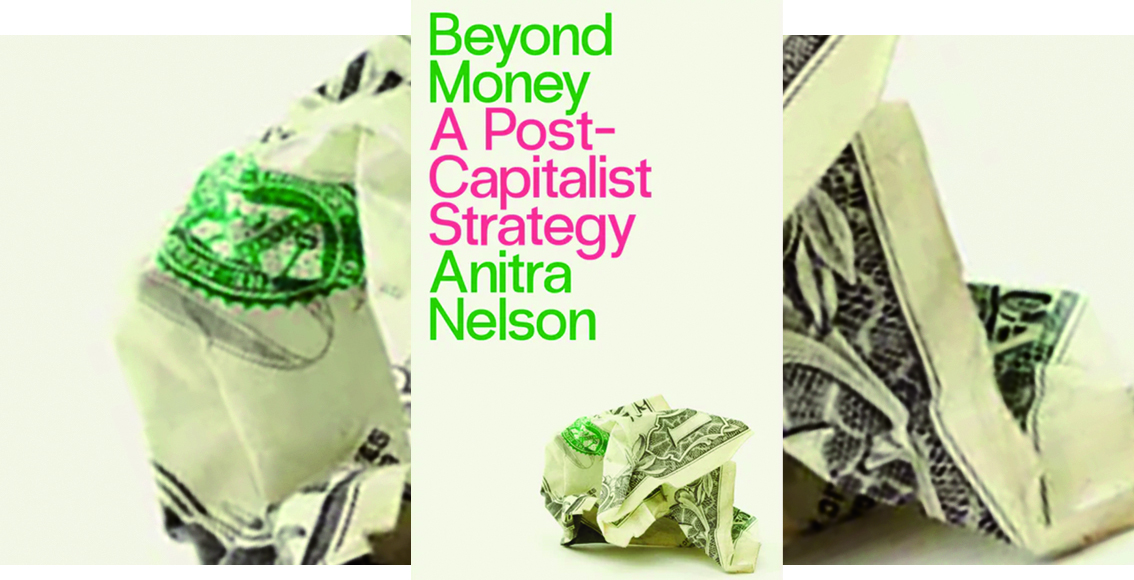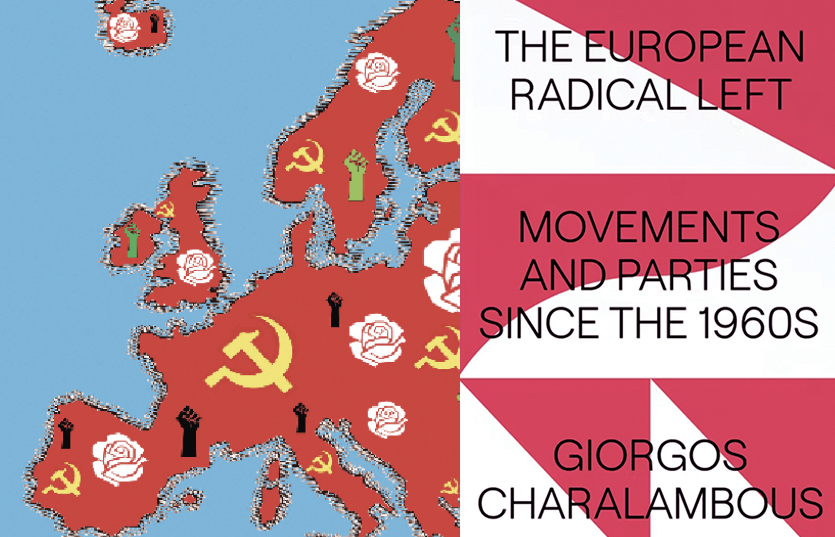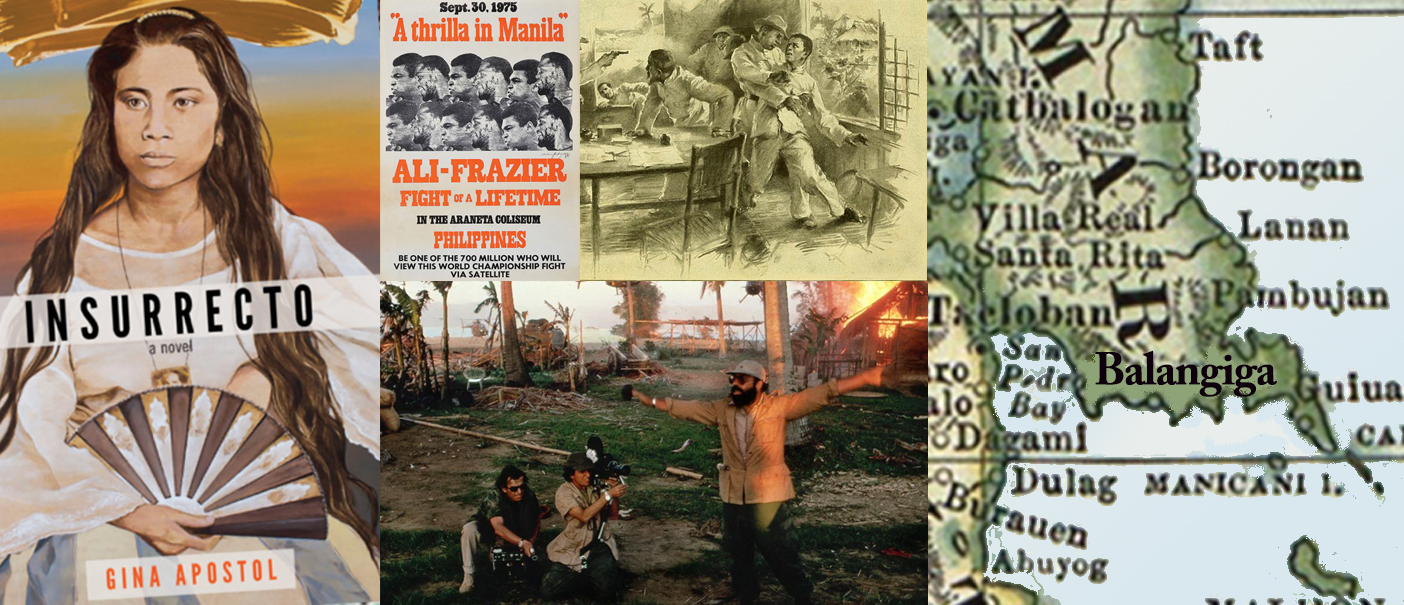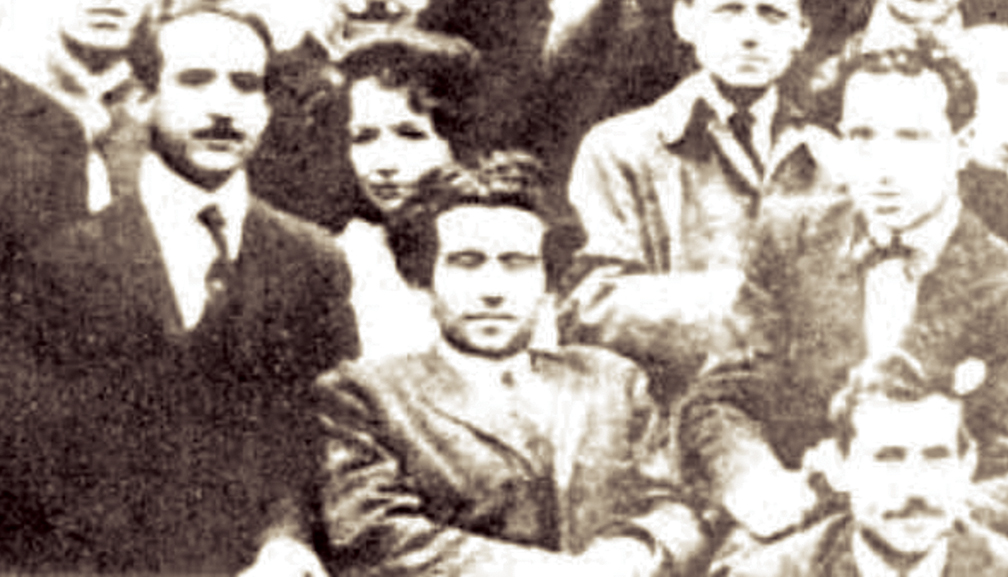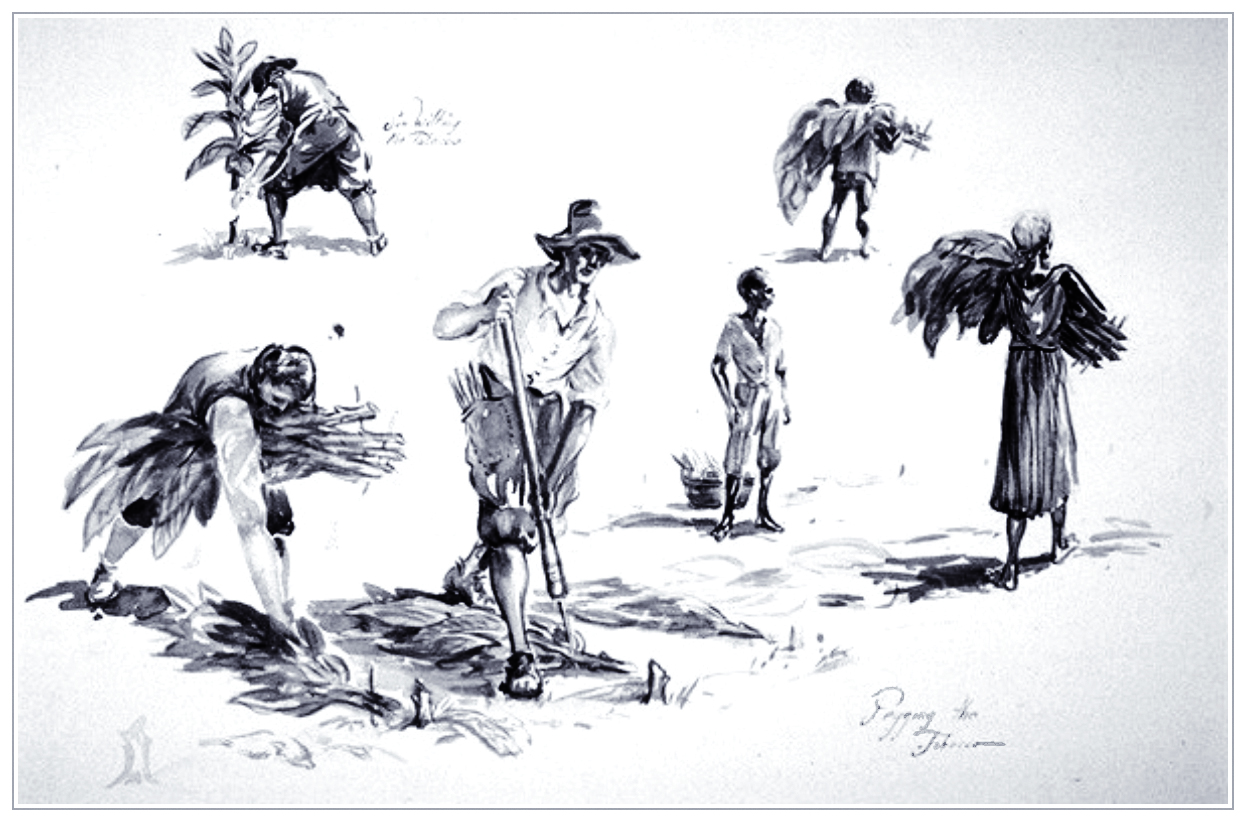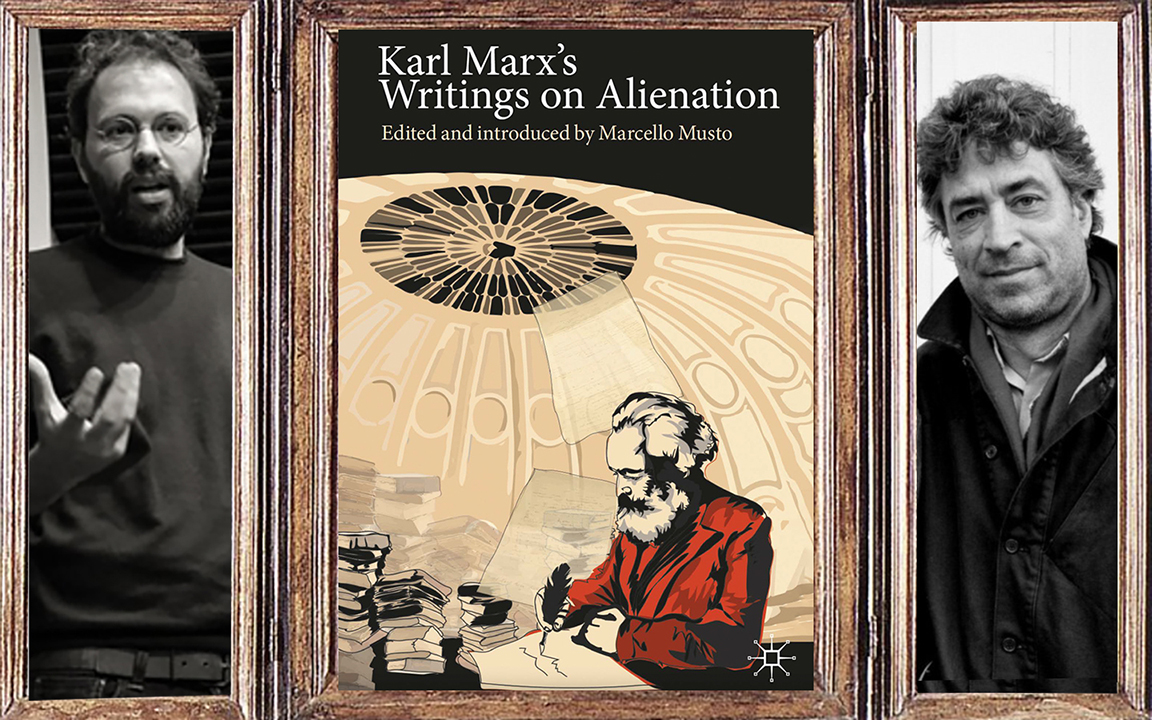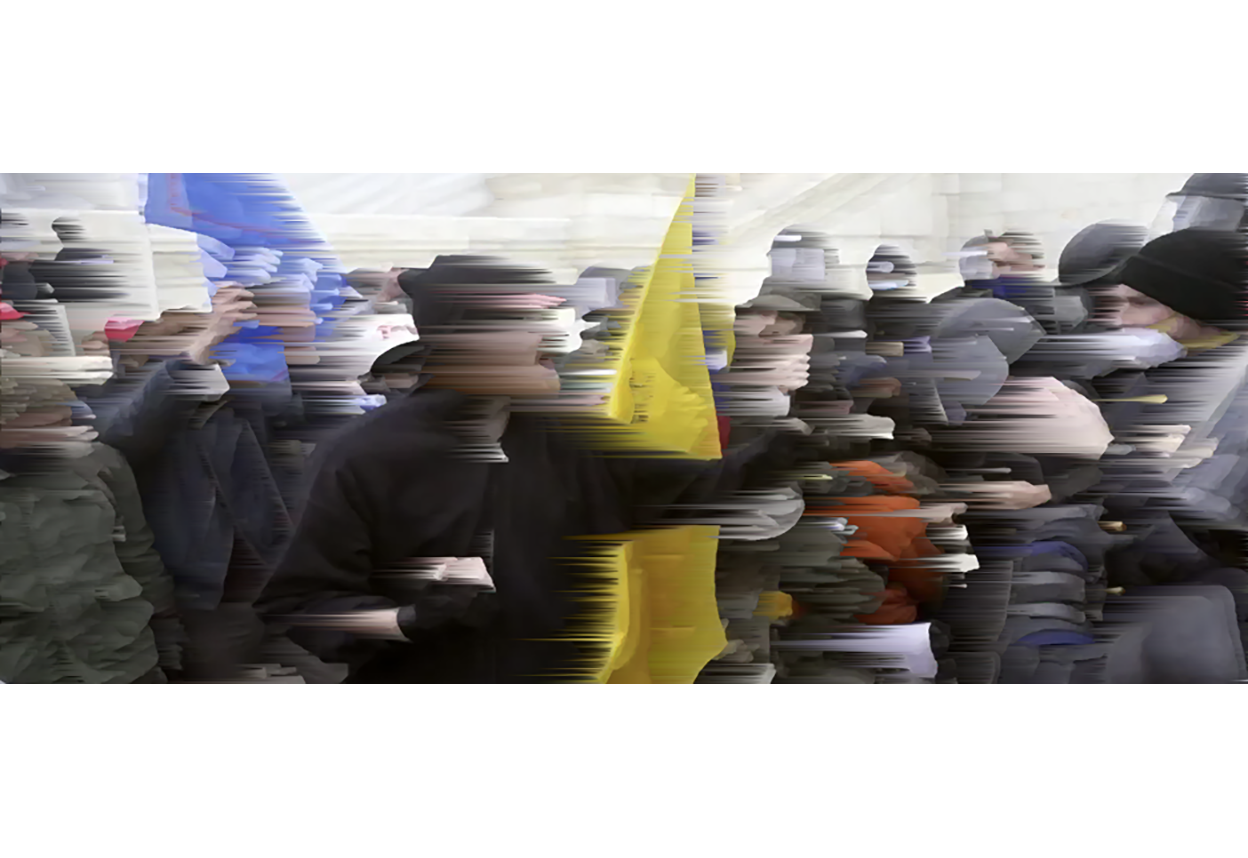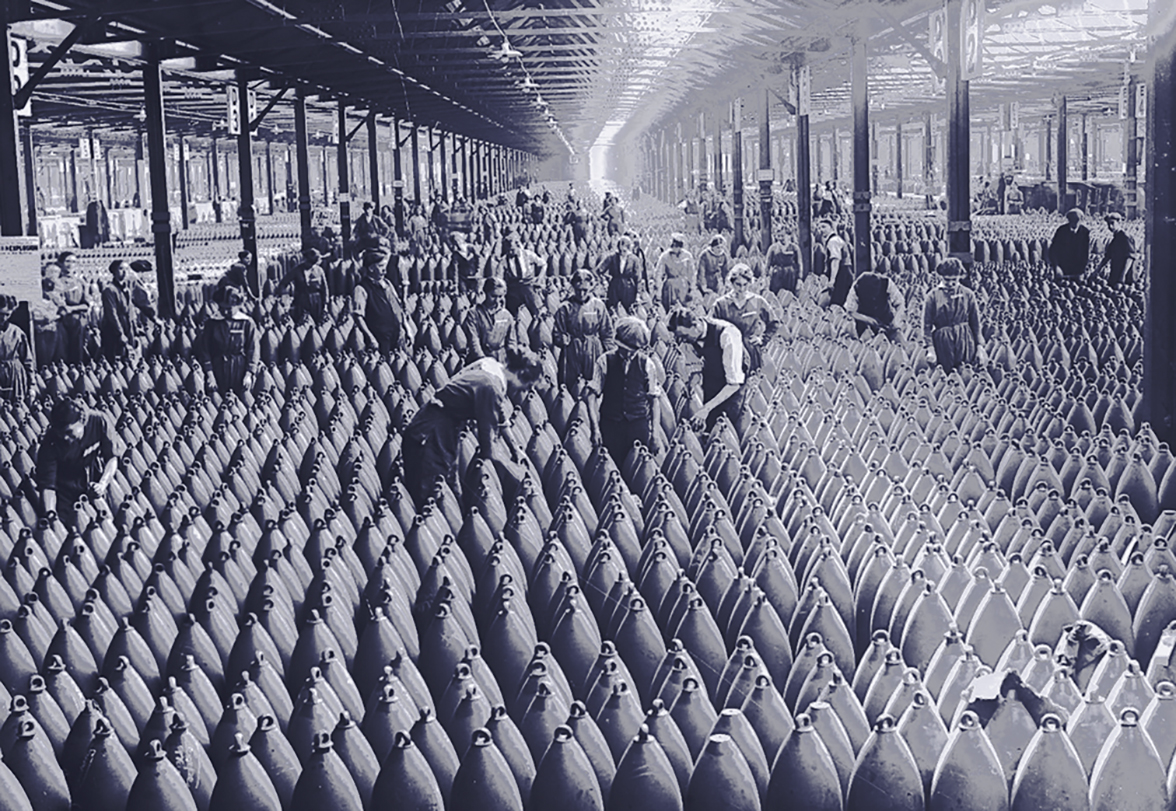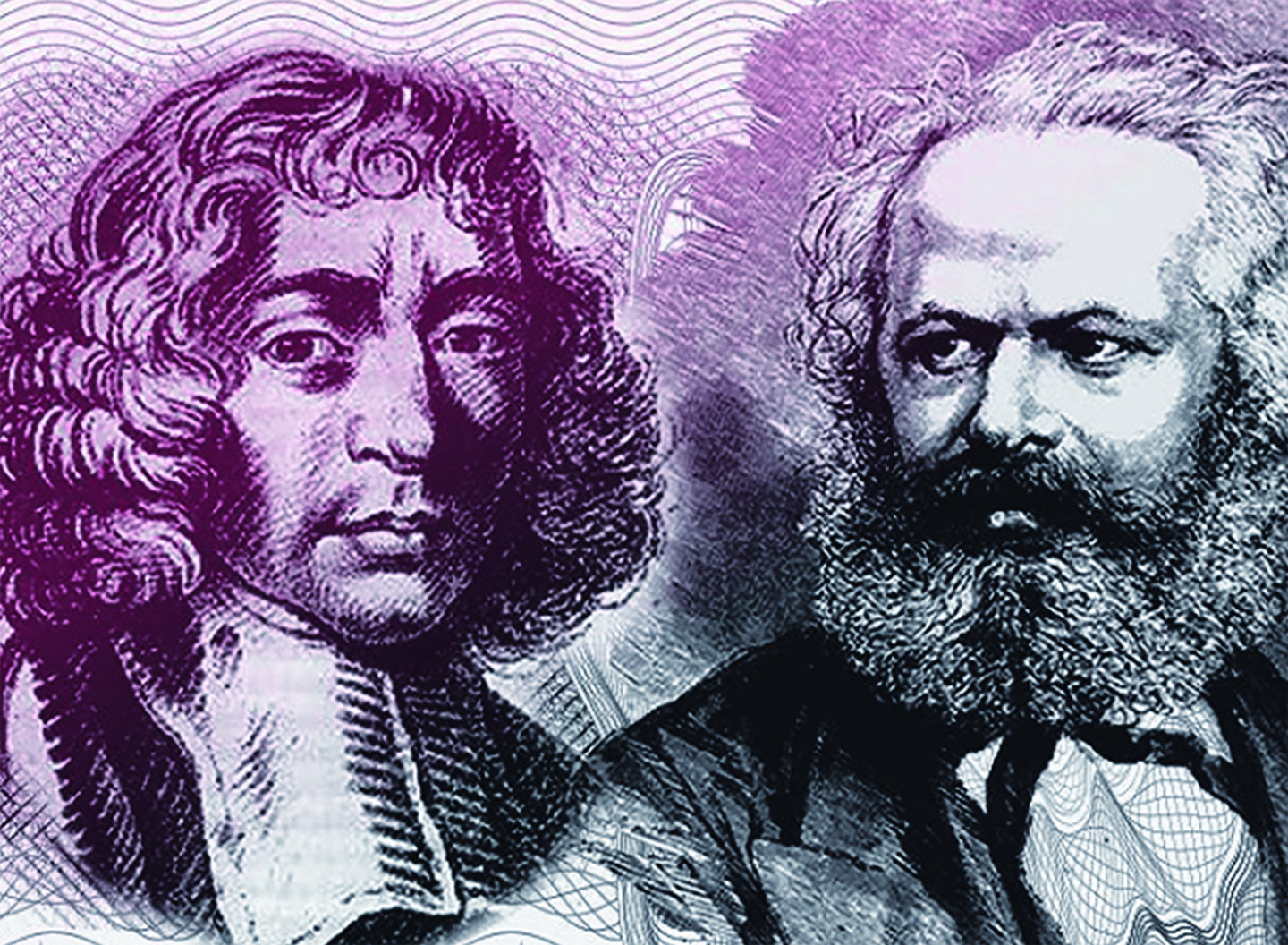Old and New Contradictions: Opening Socialist Register 2022 Session—The Crisis of Centrism
The stage is set well for Socialist Register No. 58 in the Preface by Greg Albo and Colin Leys: “current multi-dimensional crisis, the center-right consensus that was struck around the neoliberal policy regime has been steadily splintering, with a phalanx of far right and neo-fascist groups inserting themselves into electoral politics and gaining prominence ‘in the streets’ (not least in motley demonstrations against pandemic measures of any kind, from lockdowns to masking). The observation that capitalism is always characterized by just such economic and political polarizations has preoccupied – even haunted –socialist analysis from its very origins: in Marx’s and Engels’ memorable phrase of revolutionary optimism in The Communist Manifesto, ‘the more or less open civil war, raging within existing society, up to the point where that war breaks out into open revolution, and … lays the foundation for the sway of the proletariat’. In the much picked-over chapter in Marx’s Capital on ‘The General Law of Capitalist Accumulation’, the language is just as vibrant but now stark in its imagery: ‘The greater the social wealth, the functioning capital, the extent and energy of its growth, and therefore also the greater the absolute mass of the proletariat and the productivity of itslabor, the greater is the industrial reserve army…. Accumulation of wealth at one pole is, therefore, at the same time the accumulation of misery, the torment of labor, slavery, ignorance, brutalization at the opposite pole, i.e. on the side of the class that produces its own product as capital.’
Beyond Money: A Postcapitalist Strategy with Anitra Nelson
What might a world beyond the discipline and constraints of the market look and feel like? How would it operate to meet our basic needs? Moving from production for trade (for the market) to production on demand, activist scholar Anitra Nelson advocates a community mode of production and calls on us to ‘occupy the world’. Come along to hear about and engage in this lively intervention in current debates on postcapitalist futures.
The European Radical Left: Movements and Parties Since the 1960s
With a unique 'two-level' perspective, Giorgos Charalambous approaches the left through both social movements and party politics, looking at identities, rhetoric and organization, and bringing a fresh new approach to radical history, as well as assessing challenges for both activists and scholars.
Insurrecto with author Gina Apostol in conversation with Patricia McManus
Gina Apostol’s Insurrecto is a harrowing depiction of the nearly 125-year history of U.S. intervention, occupation, and domination in the Philippines.
“Of course, as opposed to the colonizer, the world of the colonized is visibly and thus irreparably multiple – because included in the world of the colonized is the world of the colonizer.”. —“How Do We Know the Things That Make Us?”, An essay from Gina Apostol
Part One of Antonio Gramsci’s Prison Notebooks
Online: Zoom link will be provided to registered participantsThese seminars are accessible to people at all levels of familiarity with Gramsci’s work, including those just beginning their studies of Gramsci. This first session will be followed by consecutive sessions.
The Invention of the White Race
In 1972, after over 30 years of activism in the labor and communist movements, Allen shared the following strategic insight with a new generation of revolutionaries: “The most vulnerable point at which a decisive blow can be struck against bourgeois rule in the United States is white supremacy. White supremacy is both the keystone (in the arch) and the Achilles heel of U.S. bourgeois democracy, the historic form of bourgeois rule in the US. It is a vulnerable point because it is a historically developed and unresolvable internal contradiction of US bourgeois democracy. It is the decisive vulnerable point because – as history has repeatedly proved – the basic class contradictions in bourgeois democracy can never fully mature until and unless the anti-proletarian nature of white supremacy has been completely established in the minds of the proletarian masses.”
Allen spent the next 20 years researching the primary sources and writing his magnum opus.
Animals and Capitalism: Reading and Reflecting on ‘Porkopolis’
The main reading for these sessions will be Alex Blanchette’s PORKOPOLIS: AMERICAN ANIMALITY, STANDARDIZED LIFE, AND THE FACTORY FARM, with supplemental texts on nonhuman animal work in the history of capitalism, Marxism and animal liberation, biological reproduction in animal agriculture, and related topics.
Karl Marx’s Writings on Alienation: A discussion with Marcello Musto and Michael Hardt
The event marks the publication of “Karl Marx’s on Alienation,” edited by Marcello Musto. This is an essential volume. The introduction written by Marcello provides a guide to the concept of alienation prior to Marx, Marx's essential thought and writings over three periods of his working life. This brief quote from Volume Three of CAPITAL is one of many presented and discussed: “The realm of freedom really begins only where labor determined by necessity and external expediency ends; it lies by its very nature beyond the sphere of material production proper. Just as the savage must wrestle with nature to satisfy his needs, to maintain and reproduce his life, so must civilized man, and he must do so in all forms of society and under all possible modes of production. This realm of natural necessity expands with his development, because his needs do too; but the productive forces to satisfy these expand at the same time. Freedom, in this sphere, can consist only in this, that socialized man, the associated producers, govern the human metabolism with nature in a rational way, bringing it under their collective control instead of being dominated by it as a blind power; accomplishing it with the least expenditure of energy and in conditions most worthy and appropriate for their human nature. But this always remains a realm of necessity. The true realm of freedom, the development of human powers as an end in itself, begins beyond it, though it can only flourish with this realm of necessity as its basis. The reduction of the working day is the basic prerequisite.” —Karl Marx
Come join Michael Hardt and Marcello Musto as they discuss with each other and those present from this essential volume for study—and practice.
Part One of Antonio Gramsci’s Prison Notebooks
Online: Zoom link will be provided to registered participantsThese seminars are accessible to people at all levels of familiarity with Gramsci’s work, including those just beginning their studies of Gramsci. This first session will be followed by consecutive sessions.
The Hard Right and the Political Parties of Capital
2nd in the Socialist Register 58 Series: Old Polarizations, New Contradictions: The Crisis of Centrism
BILL FLETCHER on Trump and the Danger of Right-wing Populism in the US
SAMIR GANDESHA on Identity Crisis: The Politics of False Concreteness
INGAR SOLTY on Market Polarization Means Political Polarization
The Invention of the White Race
In 1972, after over 30 years of activism in the labor and communist movements, Allen shared the following strategic insight with a new generation of revolutionaries: “The most vulnerable point at which a decisive blow can be struck against bourgeois rule in the United States is white supremacy. White supremacy is both the keystone (in the arch) and the Achilles heel of U.S. bourgeois democracy, the historic form of bourgeois rule in the US. It is a vulnerable point because it is a historically developed and unresolvable internal contradiction of US bourgeois democracy. It is the decisive vulnerable point because – as history has repeatedly proved – the basic class contradictions in bourgeois democracy can never fully mature until and unless the anti-proletarian nature of white supremacy has been completely established in the minds of the proletarian masses.”
Allen spent the next 20 years researching the primary sources and writing his magnum opus.
Animals and Capitalism: Reading and Reflecting on ‘Porkopolis’
The main reading for these sessions will be Alex Blanchette’s PORKOPOLIS: AMERICAN ANIMALITY, STANDARDIZED LIFE, AND THE FACTORY FARM, with supplemental texts on nonhuman animal work in the history of capitalism, Marxism and animal liberation, biological reproduction in animal agriculture, and related topics.
Never-Ending War!: Novels on Conflict, Resistance and Resilience
“Fiction gives us empathy: it puts us inside the minds of other people, gives us the gifts of seeing the world through their eyes. Fiction is a lie that tells us true things, over and over.” – Neil Gaiman
The Marxist Education Project Lit reading group revisits some literary classics along with contemporary novels that are prescient and compelling –challenging us to think about our understanding of history and how we will confront the present moment.
Marx and Spinoza: Connections and Provocations
Readers of contemporary theory will perhaps not be surprised to see the name Spinoza paired with that of Marx. Ever since Louis Althusser argued that he, and his cowriters of Reading Capital, were Spinozists rather than structuralists, there has been an increased inquiry into the points of connection between Marx and Spinoza. It might even be possible to say that what the Hegel/Marx connection was to a previous generation, animating the writings of Adorno, Sartre, Lukacs, etc. the Marx/Spinoza connection is to a current collection of philosophers ranging from Althusser, and the members of his circle such as Étienne Balibar and Pierre Macherey, to Antonio Negri, Frédéric Lordon, Warren Montag, and Hasana Sharp.
Part One of Antonio Gramsci’s Prison Notebooks
Online: Zoom link will be provided to registered participantsThese seminars are accessible to people at all levels of familiarity with Gramsci’s work, including those just beginning their studies of Gramsci. This first session will be followed by consecutive sessions.


